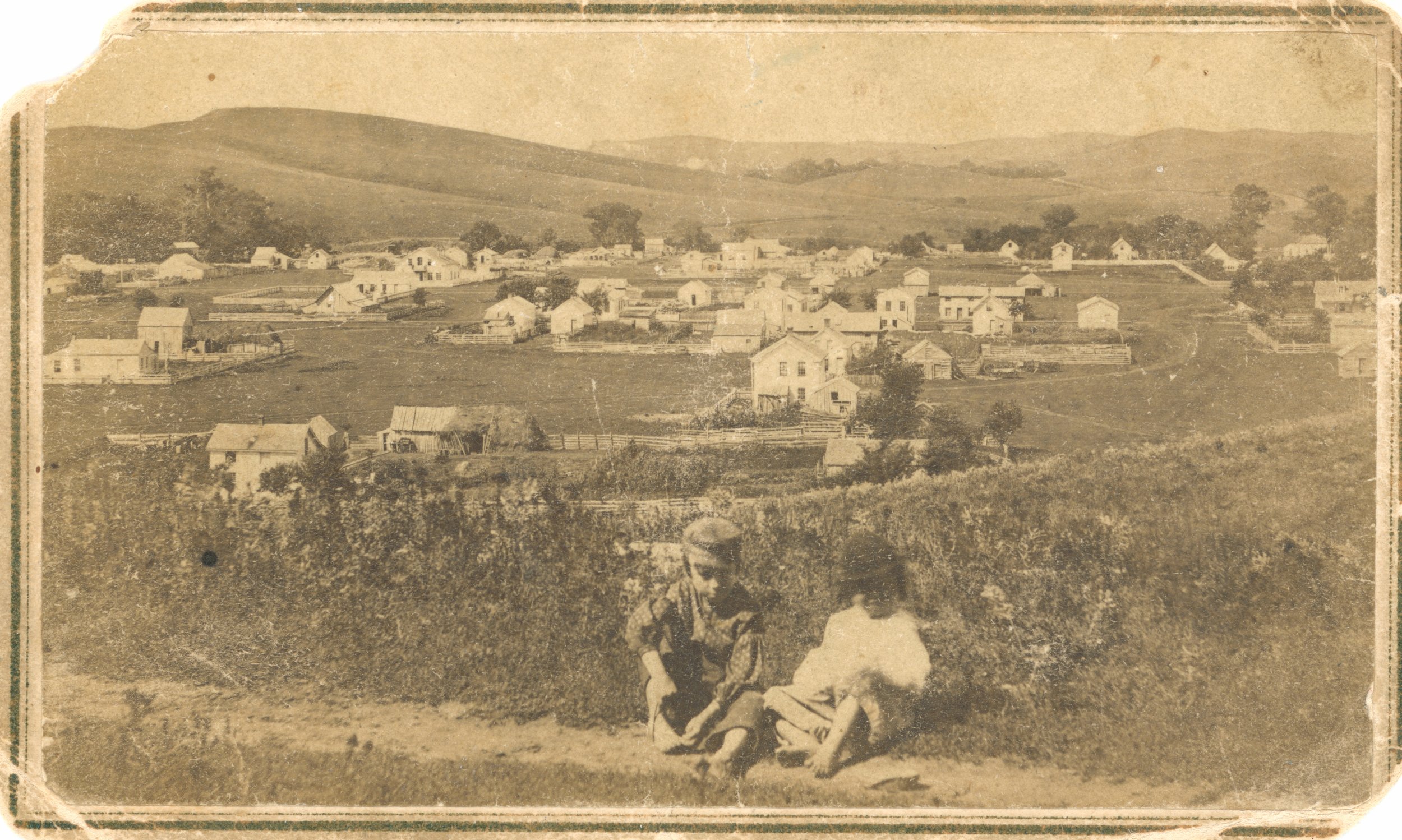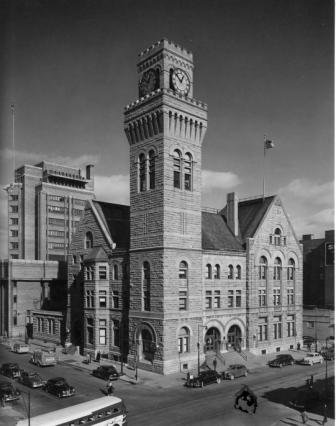
Sioux City History
Your link to the past.

Floyd River Flood of 1953
June 8, a Monday morning, seemed to be shaping up to be a pleasant sunny spring day. Sunday had been a day of heavy rain, but the sky had cleared. The Floyd River was running high that morning, but no one suspected the disaster that would arrive in the middle of the morning.

Pelletier Fire of 1904
The Pelletier Fire was Sioux City's worst fire in terms of property damage. Sometimes called "the great fire", the inferno gutted more than two entire blocks of downtown Sioux City. The fire started in the Pelletier Department Store, located where the Badgerow Building now stands, on the evening of December 23, 1904.

Perry Creek Flood of 1909
The land directly north of Sioux City is quite hilly and all drains into Perry Creek. In early July of 1909 very heavy rains fell into this area. The creek began to rise. By July 9 the creek was out of its banks.

Ruff Disaster of 1918
The "Ruff Disaster" was one of the worst catastrophes in Sioux City history. Thirty-nine lives were lost and countless others were injured when the Hedges Block collapsed and fire started in the ruins on June 29, 1918.

Swift Explosion
The clocks in the Swift and Company building froze at 11:33 a.m., marking the moment a mighty explosion ripped through the structure. It was right before Christmas, December 14, 1949. The blast blew out parts of the west wall of the building and shattered all the windows. Floors and walls collapsed.

Bruguier’s Cabin
Now considered to be the oldest structure in Sioux City, this one-time abandoned house was about to be demolished in 1933. After workers discovered that the house was originally a log cabin, it was determined that the house was one of the log cabins of the Theophile Bruguier farm.

Central High School/Castle on the Hill
The High School, as it was originally called, opened in the spring of 1893. It was renamed Central High School in 1924 when other high schools were opened. The school’s design reflected the flamboyant attitude of Sioux City's boom years.

City Halls of Sioux City
Sioux City’s first City Hall was actually a library. Built in 1891 by the Library Building Association for $122,000, it stood on the northwest corner of Sixth and Douglas. Later, the former Federal Building with its clock tower was converted into the City Hall.

First Bride's Grave
The First Bride's Grave monument was built in 1938 by the Woodbury County Pioneer Club near the grave of Rosalie Menard Leonais. The Pioneers Club called her the "first bride" because she was believed to be the first bride of a non-Native American in the area that would become Sioux City.

Floyd Monument
The Floyd Monument is an Egyptian-style obelisk, 100 feet high and built of Kettle River sandstone. The monument marks the location of the grave for Sergeant Charles Floyd, who is best known as the only member of the crew to die during the Lewis and Clark Expedition, and the first United States soldier to die west of the Mississippi.
